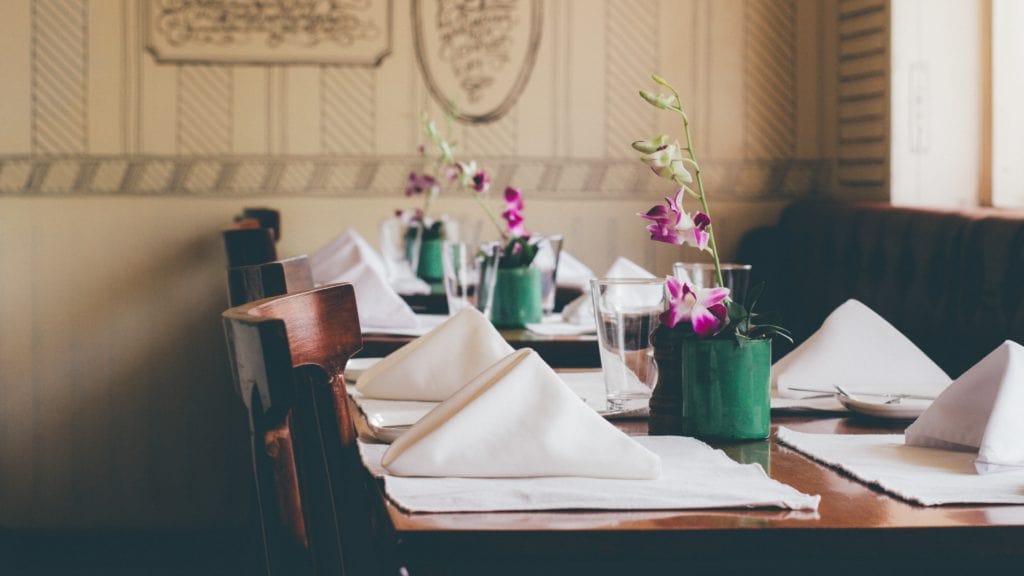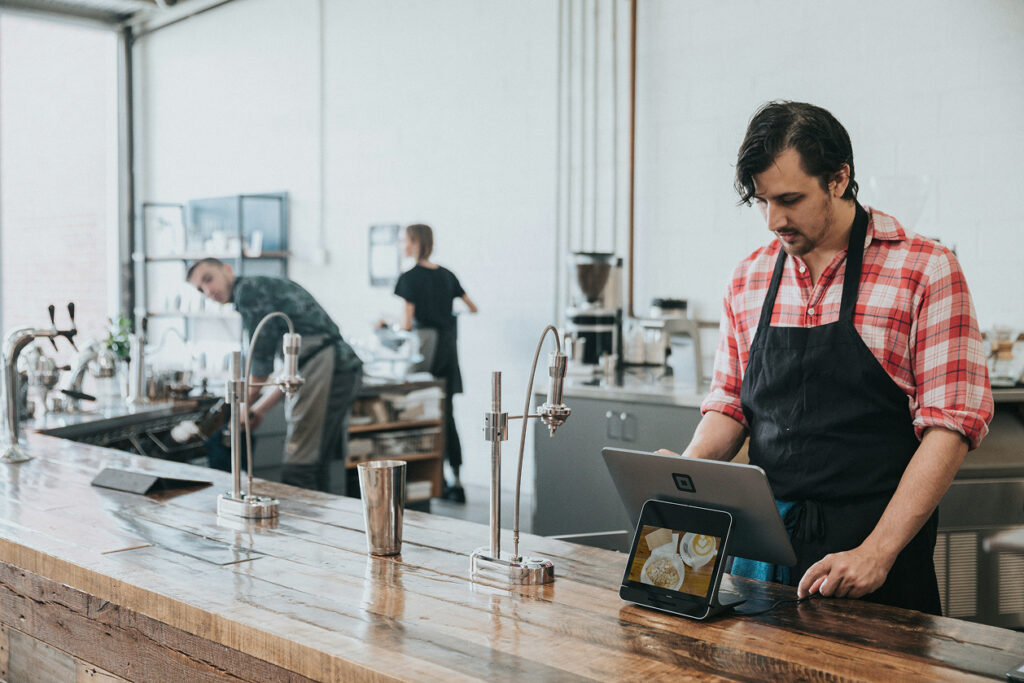
Restaurant Insurance is a specialized form of commercial insurance designed to protect restaurants from the unique risks they face in their daily operations. This type of insurance combines several types of coverage to address property damage, liability claims, employee injuries, food contamination, equipment breakdown, and more. The goal is to provide comprehensive protection that allows restaurant owners to manage risks effectively and focus on providing excellent service to their customers.
Restaurant Insurance is a combination of different insurance policies tailored to meet the specific needs of a restaurant business. It covers a wide range of risks, including property damage, general liability, foodborne illnesses, employee injuries, equipment breakdown, and more. This insurance package can be customized based on the restaurant’s size, type, location, and specific risk exposures.
Types of Restaurant Insurance Coverage
1. General Liability Insurance:
- Protects against third-party claims for bodily injury, property damage, and personal injury that may occur on the restaurant premises.
- Covers incidents such as slip and fall accidents, customer injuries, or damage to a customer’s property.
- Provides coverage for legal defense costs, medical expenses, and settlement amounts.
2. Property Insurance:
- Covers physical assets such as the restaurant building, kitchen equipment, furniture, fixtures, and inventory (food and beverages).
- Provides protection against damage or loss caused by fire, theft, vandalism, burst pipes, and other covered perils.
- May include business interruption coverage to compensate for lost income if the restaurant is forced to close temporarily due to a covered event.
3. Business Interruption Insurance:
- Compensates for lost income and operating expenses if the restaurant is temporarily closed due to a covered event, such as fire, storm damage, or equipment breakdown.
- Covers ongoing expenses, such as rent, payroll, and utility bills, during the period of restoration.
- Helps ensure business continuity by providing funds to resume operations as quickly as possible.
4. Workers’ Compensation Insurance:
- Provides coverage for medical expenses, lost wages, and rehabilitation costs for employees injured or becoming ill due to their work.
- Required by law in most jurisdictions for businesses with employees.
- Protects the restaurant owner from potential lawsuits arising from workplace injuries or illnesses.
5. Liquor Liability Insurance:
- Provides coverage for claims related to the sale or service of alcohol, such as lawsuits arising from injuries or damages caused by intoxicated patrons.
- Covers legal defense costs, settlements, and medical expenses resulting from alcohol-related incidents.
- Essential for restaurants that serve alcohol, whether through a bar, table service, or special events.

